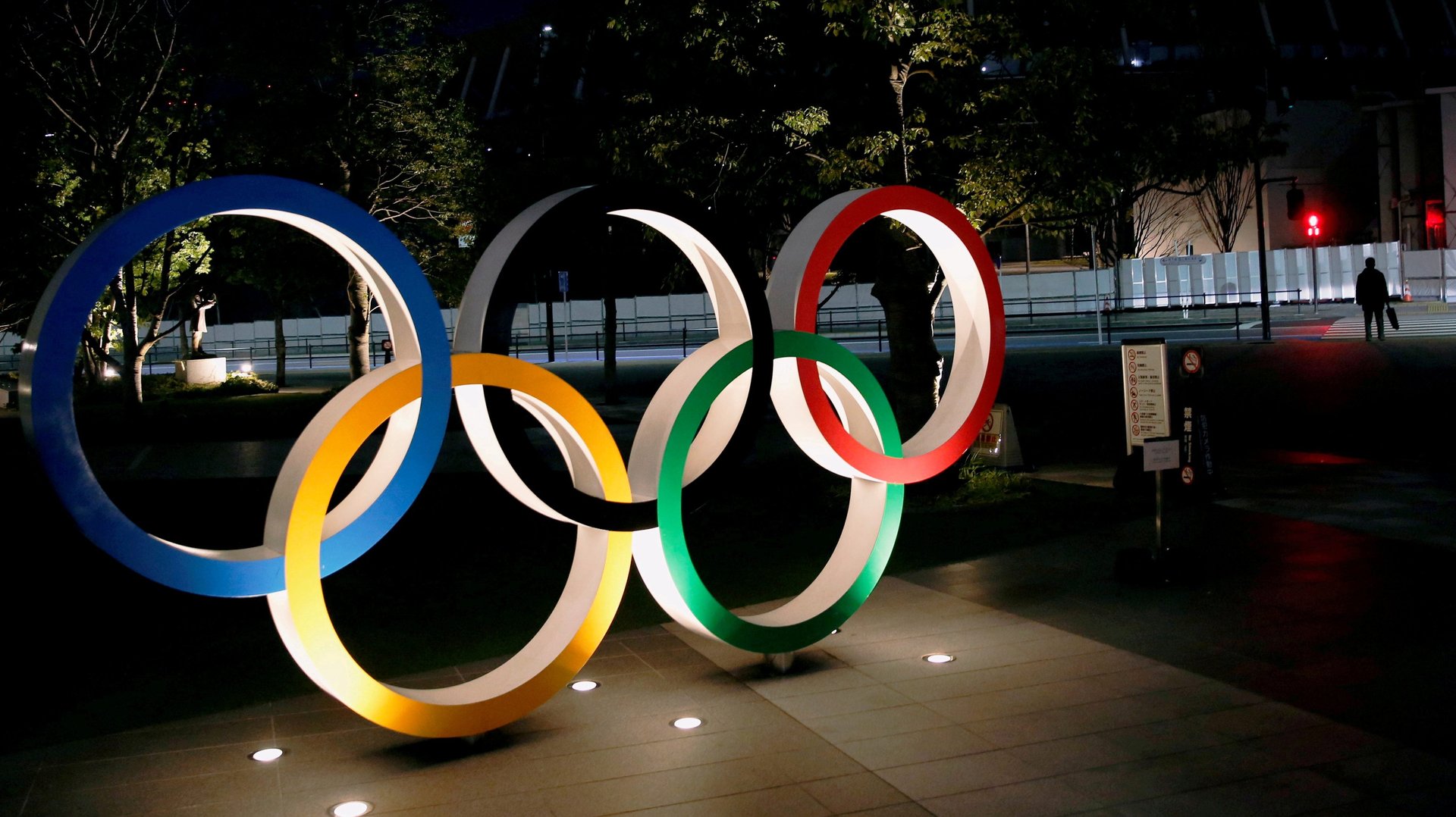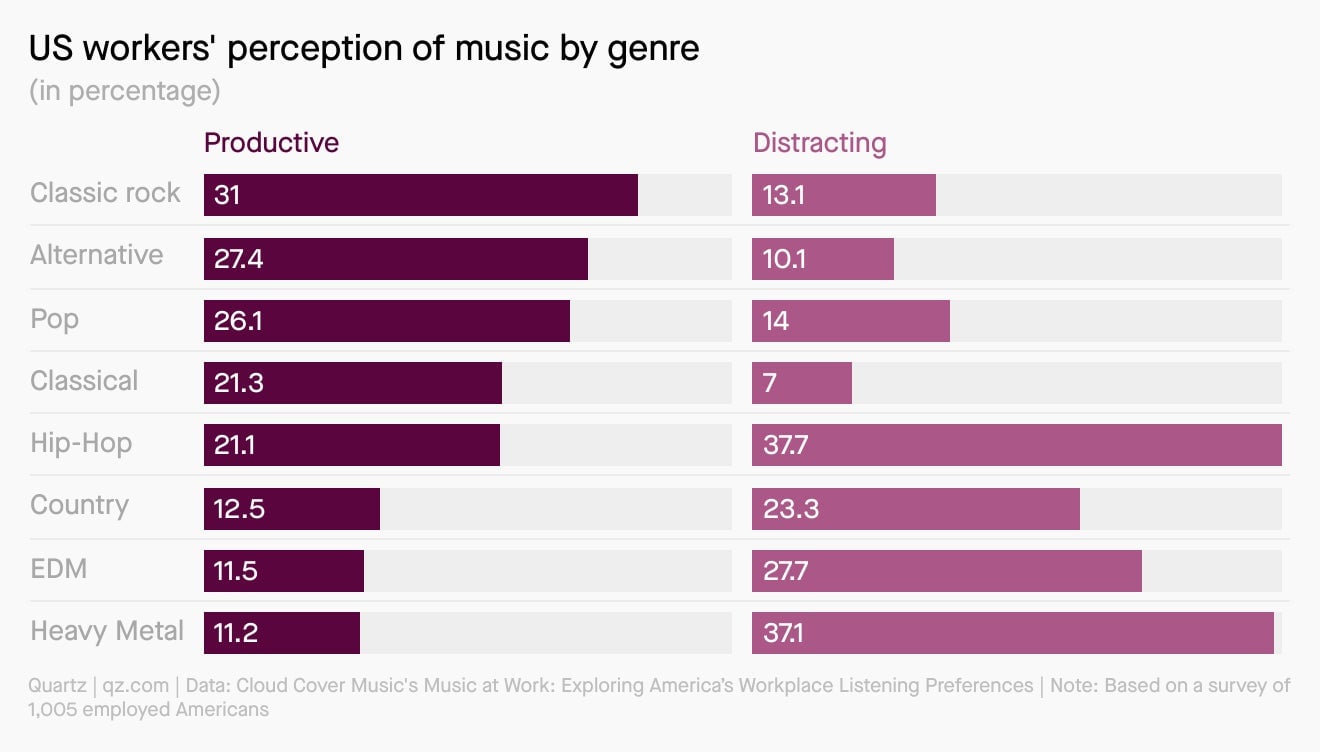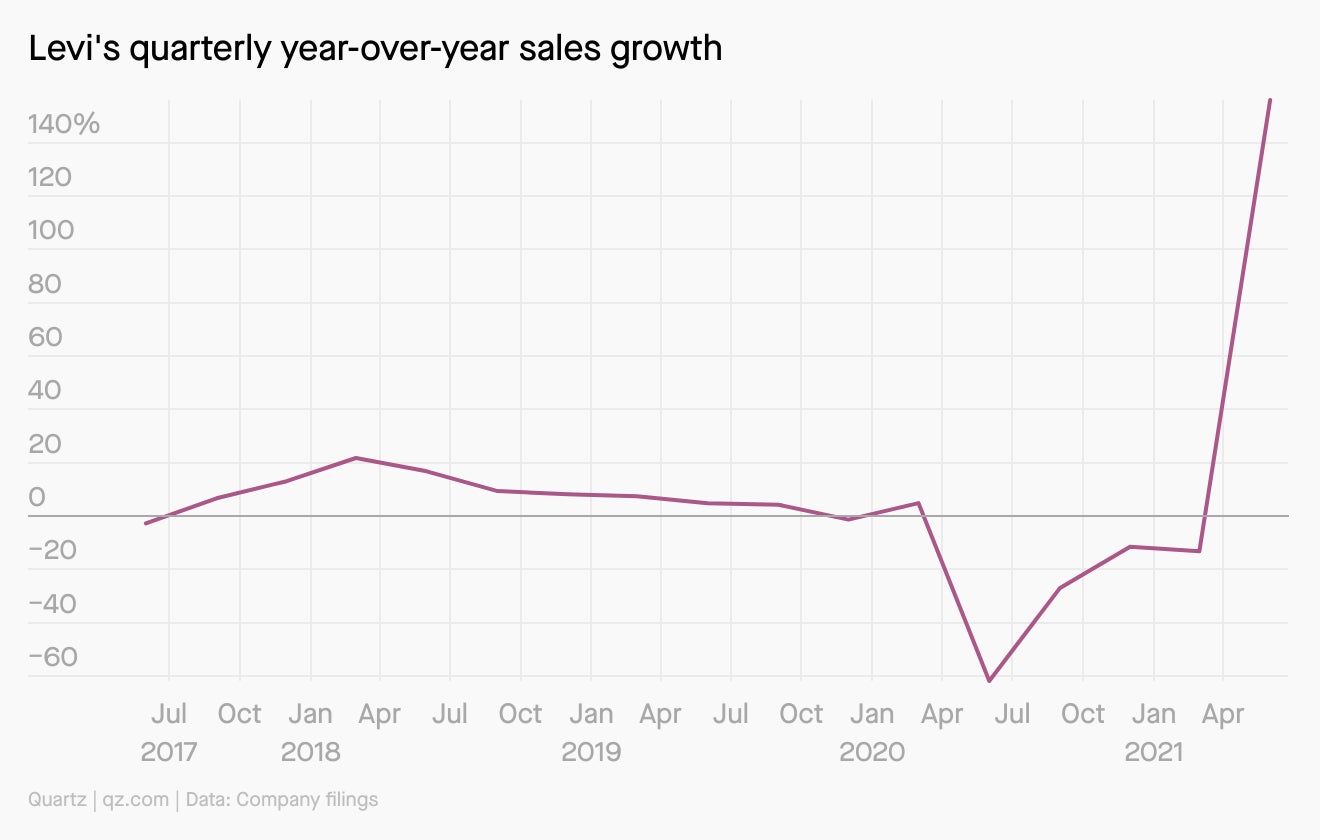Tokyo shift
Hi Quartz readers,


Hi Quartz readers,
The Tokyo Olympics will kick off in 10 days without any spectators, as the Games’ host city contends with its fourth state of emergency. Short of another postponement, it’s a worst-case scenario for TV networks hoping the Olympics might buck the trend of lackluster sports ratings during the pandemic.
“The experience is going to be sterile,” Rick Burton, chief marketing officer of the US Olympic Committee for the 2008 Beijing games, told Quartz. “The sponsors are going to be thinking the ratings will be down. They’re worried they’re not going to get their money’s worth.”
Sponsors are right to be worried. TV ratings for virtually all major sports leagues were down during the pandemic, even as other at-home entertainment options like streaming and gaming skyrocketed. That’s at least in part because sports aren’t the same to watch on TV when there’s no one there to watch them in person. In one survey, two-thirds of US fans said watching sports during the pandemic was “less enjoyable” than before.
Many Olympic events also feed off crowd energy, and a less fulfilling viewer experience will probably translate to a less watched one. Moments like Usain Bolt playing to the crowd and taking a victory lap after his historic 100-meter win at the 2012 London Games will be absent. There’s even some research that shows crowd noise positively impacts athletic performance, and can increase effort levels.
That the Olympics are happening at all is still a win for companies like NBCUniversal, which owns the exclusive rights to broadcast the Games in the US and has sold more than $1.2 billion in ads. But the commercial potential only adds to how weird these Olympics are turning out to be: record-breaking ad sales for fan-less events held in a city whose citizens are under a pandemic-induced state of emergency. Let the Games begin?
Inbox interlude

Want more Olympics intel? Need to Know: Tokyo Olympics, our pop-up guide to the Games, is full of instant replays, interesting histories, and surprising discoveries.
Talking points
🚗 Indians are using third-wave predictions to plan trips. Modeling is useful for policymakers, but is stealing focus from the second wave.
📈 Extra unemployment benefits aren’t holding back the US economy. The latest US jobs report ended any fear of that.
📅 Iceland’s four-day workweek trial was a triumph. Productivity held up, parents were happier, and men started doing more housework.
😷 It’s time to stop wearing cotton masks. In densely populated countries where social distancing is a luxury, the right kind of mask is imperative.
⚽ England’s sport weekend was one giant Covid experiment. The goal—sorry, the GOOOOAAAAALLLLL—was to understand which protocols full-capacity events will need.
💉 A majority of Africans and Indians can’t go to the EU. The region’s travel restrictions distinguish between one brand of the AstraZeneca jab and its identical, but Indian-made, twin.
🎶 Your hybrid workplace might need ambient music. It can combat feelings of loneliness in a sparsely populated office by functioning as a social surrogate. Just no heavy metal.

You asked
There’s a Lambda variant now?
There is. The Lambda variant, or C.37, believed to have originated in Peru, was designated as a “variant of interest” by the WHO on June 14. A variant of interest, of which there are currently four, is a level below “variant of concern,” like the Delta variant.
The Delta variant is believed to be the most transmissible and resilient variant of Covid-19, and currently dominates infections across the world. The Lambda variant has been found in more than two dozen countries, including Chile, Ecuador, Argentina, and more recently the UK. There is not yet evidence that the Lambda variant causes more severe cases, or makes current vaccines any less effective.
The rupee recovery
“People digested the fact that lockdown would lead to a contraction in the economy very quickly. They focused on how fast the economy was pulling out of it. So the rupee outperformed its Asian emerging market peers.” —Abheek Barua, chief economist at HDFC Bank
Covid-19 threw the Indian economy into an unprecedented recession. Hundreds of small businesses have shuttered, unemployment is on the rise, and household incomes are dwindling. But the Indian rupee has remained surprisingly stable. Experts say many of the reasons why are linked to the country’s positive long-term outlook.
It’s in your jeans
For the three months ending May 30, Levi’s saw total sales rise 156% versus the same period last year. The comparison was against 2020’s pandemic plunge in denim sales, so there was basically nowhere to go but up. But it helps that style is getting more casual, waist sizes are changing, and skinny jeans are on the outs.
“The looser, baggier fits are almost half of both men’s and women’s sales this past quarter,” Levi’s CEO Chip Bergh said on a call with analysts. “That’s a pretty significant change.”

Elsewhere on Quartz
- 2021 was a great year for Chinese listings in the US—until Didi.
- The Fed’s digital dollar could bring millions into the digital economy.
- Meme traders have full control over AMC Entertainment.
- There’s a plan to make Madrid more livable.
- China’s online tutoring crackdown punishes parents.
- Black Widow shows theaters and streaming can coexist.
- Plant-based chicken is here.
Our best wishes for a healthy day. Get in touch with us at [email protected], and live your best Quartz life by downloading our iOS app and becoming a member. Today’s newsletter was brought to you by Adam Epstein, Manavi Kapur, Tripti Lahiri, Marc Bain, and Kira Bindrim.